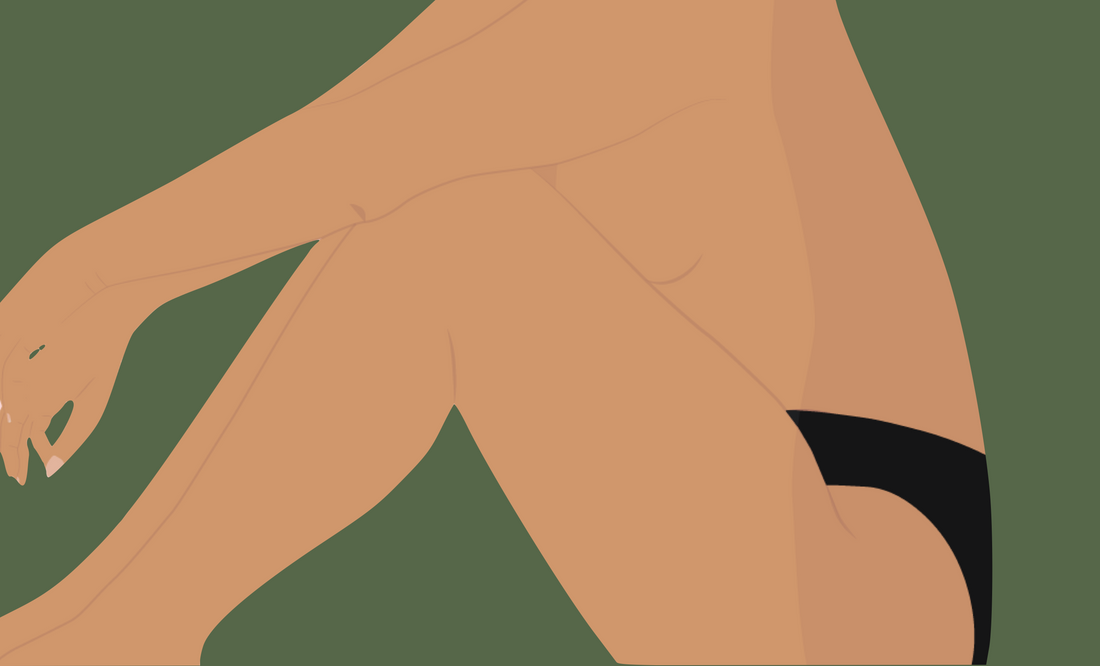
4. The arrival of your first ikura
TE AWA ATUA, THE DIVINE RIVER
For many of us, how we talk about our own period and what we learned when that day came, is so very different to how it was spoken about by our Tīpuna (ancestors).
For our Tīpuna, the arrival of 'the divine river' for the first time was something to be celebrated, because they saw it as an ancient river linking generations of women back to our creation stories. The blood represented our own ancestors and our descendants. When it stopped flowing, it signalled the arrival of new whanau.
Kuia or elders would teach both girls and boys about the mana and tapu of menstruation so by the time a girl's first period arrived, everybody understood its importance and how special it was. It was particularly important for boys to learn, because it was the men who took care of the cooking of food and took on more household duties so that the woman could rest (a tradition that today's society would greatly benefit from re-creating!)
Other beautiful traditions and ceremonies that took place when a girl's ikura first arrived were:
- The giving of a new name to signify the entry into adulthood
- A gathering of whanau to share a special meal to celebrate
- Gifts would be presented
- Karakia and waiata both performed and learned
- Moko kaue
- Ceremonial cutting of hair and piercing of ears
- Washing of the 'marked clothes' with karakia
- The ceremonial return of menstrual blood to the earth (Papatūānuku) in much the same way a placenta is returned to the earth with the planting of a special tree.
Our Tipuna would go out into the land and bleed straight onto the earth as a gift to Papatūānuku, as they believed the blood carried our ancestors. We know a handful of beautiful wahine who still carry on this tradition, but many of these traditions have been lost sadly, by some whanau. It would be pretty incredible for us to begin to re-tell some of these stories, and incorporate some of these traditions into our whanau.

